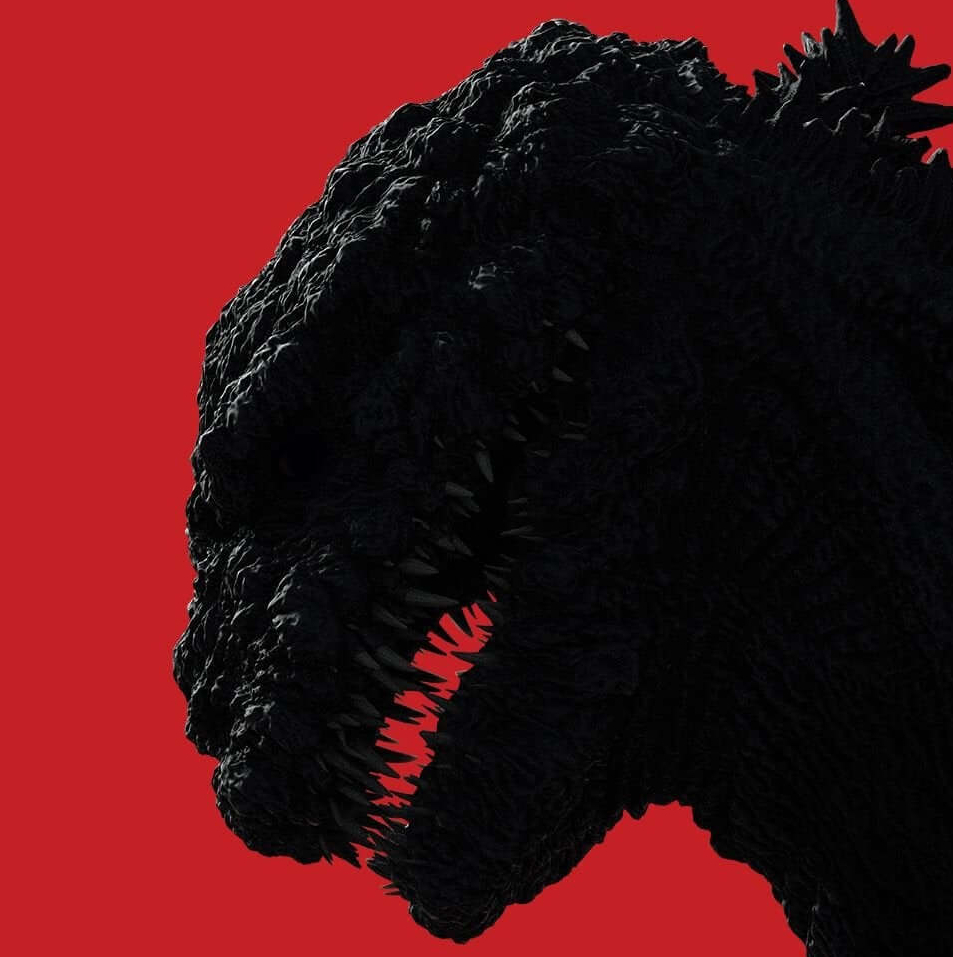keep yourself spicy
stay fresh, cheese bags
The onion salad was worth it
This is not the way
I disagree. kys
/s
Kiss your sister ( I am from alabama )
Kiss your sister ( and also everyone else ( I am from Europe ) )
A classic.
Two different use cases: Left is if I disagree but still respect you (you dislike broccoli or something), and right is for conservatives
i’d like to reclaim using kys, against transphobes, get a taste of their own medicine
It might make you happy to know that transphobes get told to kys on tumblr on a regular basis
I’ll do it irl to one up them
Well, now I need in on this. The problem is I usually avoid transphobes like the plague, but if I overhear something on a bus, I’ll go for it!
“You miss every shot you don’t take.” -Wayne Gretzky, professional skater and object wacker
yeah safety is important, but if I’m with friends or family I’ll say it
True, be safe!
Suffer not the anti-brassicans to live
a man¹ brings not a single weapon to war, but multiple. he¹ uses what fits the battle and he¹ wins - sun tzu, the art of war
^1. ^does ^not ^apply ^to ^women ^#feminism ^:3
king, your spear!
(he’s gonna fight in a war)
i once again pointing out the thing that should be the internet anthem
no
“Let’s agree to disagree”
“Fuck you”
probably the only time I’ve ever understood a random quote lol
Twitter in a nutshell
Me when someone makes a post about Taylor Swift being innocent because Elon Musk exists.
real
『rant』
It’s fascinating to me. Even here in the US when someone near us unlifes — It doesn’t even have to be a family or close friend, even just a neighbor — it becomes a crisis. We wonder if we’re responsible and to what degree. What could we have done different? Someone dying from car accident or heart attack is a tragedy, but a suicide is a crisis. Everyone freaks out for a month.
And yet then, here we are, and — when it’s a hypothetical stranger or someone on the internet — suicidality has become an acceptable out in the US, much the way Japan regarded it as an acceptable protest or a means to resign from their fiercely competitive society. If you can’t handle the heat of our late-stage capitalist dystopia, well, there’s the exit door. Some imagine gladly it’s one less degenerate to weigh down our government programs.
The US state and community mostly ignore its 40,000+ fatal suicides per year, a rate higher than Japan’s (though lower than Russia). Another 120k per year end up in the ER pulled back from the brink.Another huge demographic go uncounted: Up to 75% of suicides go unreported.
These values shot up what with the rise of hate crimes and purge rhetoric in 2015 and 2016 when Trump took over the Republican party. (Permission to hate the Other. It’s what the GOP voters wanted all this time.) We’ve been steadily climing the ranks of suicide rate by country, again, overtaking Japan in the last decade but being outpaced by Russia.
When we acknowledge our suicide risks in the US, curiously, we beg them to live with the promise there’s hope. But then, we don’t provide much in the way of cause for hope, no real career or social opportunities, an underfunded, impacted mental health system locked behind expensive paywalls that insurance sparsely covers. A police force more dangerous to us than actual criminals. We casually handwave job precarity, food precarity, rent precarity, family precarity, all of which is epidemic in the United States. And man, if you’re a trans person, your demographic suicide risk climbs to 50%. If youre a black trans woman, you’re just fucked like Brazillian pygmy owls.
Japan has turned to regarding suicide as a symptom of mental illness now that young people are defying their elders, and not having kids, those who didn’t kill themselves often chose not to salaryman up and do the tradfam thing. Sometimes young adults go herbivore and stay perpetually single while their parents lament for grandkids. It took a population implosion for Japanese society to realize it can’t run it kids through the fire like so much popcorn, and disregard the deviants who fail to conform to expectations. They relearned that everyone is valid.
Here in the states, mental illness is intergenerational. Humans aren’t meant to isolate in nuclear families. Kids require more attention than adults exhausted from a full week’s work can afford. And then there’s the way we disregard adolescents as they’re struggling to figure themselves out. It ties to the epidemic of AR-15 style assault rifles used to shoot up a venue, what is a result of hopelessness and fury, and is the optimal choice for subversive groups looking to create a new suicide terrorist for their cause.
But our industrialist masters see us all as expendable, disposable, replaceable parts in their factories and on their war fronts. The defective ones can easily be discarded. According to our system, these are acceptable casualties.
The face-eating leopards are lean and hungry and on the hunt. Like the alarming suicide rate of the United States, the casualness with which KYS is thrown around is a symptom of epidemic and morbid society dysfunction. And we ignore it at our own peril.
『/rant』
it becomes a crisis. We wonder if we’re responsible and to what degree. What could we have done different? Someone dying from car accident or heart attack is a tragedy, but a suicide is a crisis. Everyone freaks out for a month.
We do? I’ve never heard anyone do more than say “oh, well that’s sad” and that’s just to be nice.
Well, to be fair, I don’t have a peer reviewed report. It’s one of those things confirmed by a run of anecdotes, much like the phenomenon of miscarrying mothers blaming the Hell out of themselves, even when there’s clearly no rational reason they could be at personal fault.
Informed by anecdotes, it makes sense. Someone dying from a medical issue or an accident is a lot more happenstance, where a suicide is also a statement, even when it’s not accompanied by a suicide message. More so in that it happens in different regions and among different demographics, sometimes by a wide margin. It implies nurture (contrast nature, like genetics) is a huge factor, and people off themselves when society treats them like shit.
So yes, there appears to be a lot more introspection. A suicide involves more and wider grief than falling off a ladder or having a stroke, more of the time. Or at least it seems so when you research incidents of suicides. Since we don’t budget harm research and disease control as much as we used to, we have to guess more and rely on less data.
Is that…Frieren?














